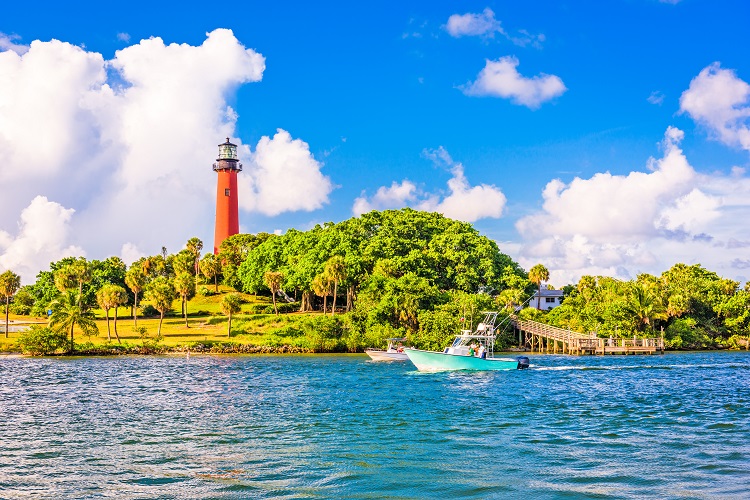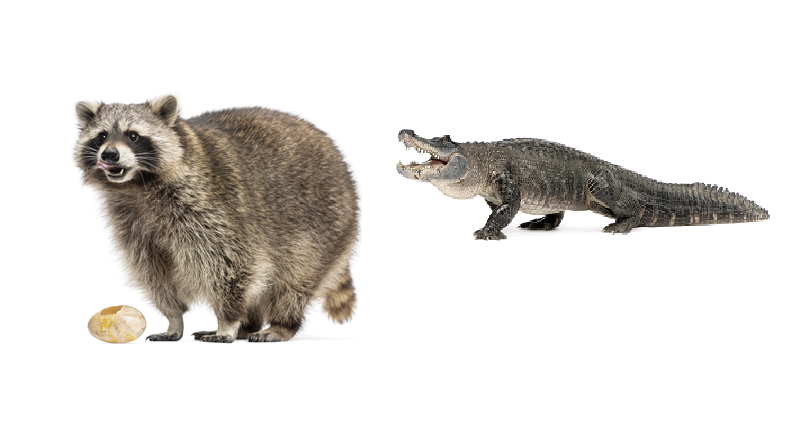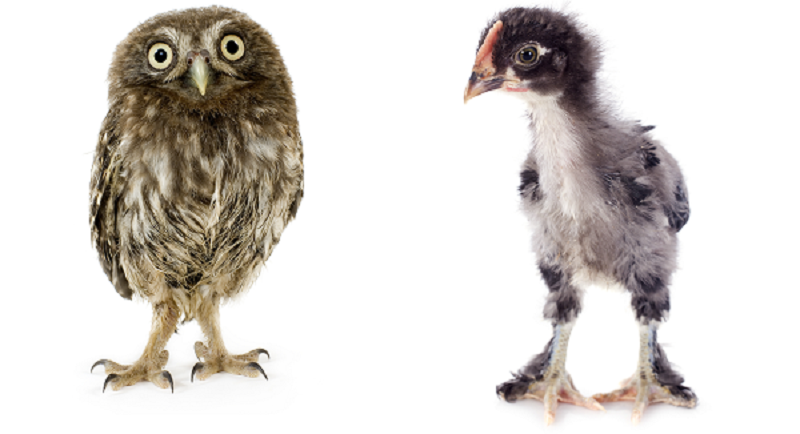Florida is the perfect location for year-round canoeing & kayaking thru the numerous waterways across our state.

We’re home to 58 designated paddling trails as well as the the goliath 1,515-mile Florida Circumnavigational Saltwater Paddling Trail, known as The CT, which starts at Big Lagoon State Park near Pensacola, extends around the entire peninsula of Florida and the Keys, and then ends at Fort Clinch State Park near the Georgia border!
If you’re daring enough for that feat, check out Mike Ruso’s guide to conquering The CT at ThruPaddlingFlorida.com.
Otherwise, our guide below will help you find a local water trail to take your own floatation device or rent a kayak at the park.
Click Here to view the 32 segments of waterways and launch points.
Source: FloridaPaddlingTrails.com
Be mindful of these General Safety Tips when embarking on your journey:
- Always wear a personal floatation device when on the water.
- Have a plan and a Back-Up Plan. Leave that plan with someone on shore.
- Bring a first aid kit, plenty of water and snacks.
- Check the condition of your gear before departure.
- Wear water shoes & quick dry clothing if possible








